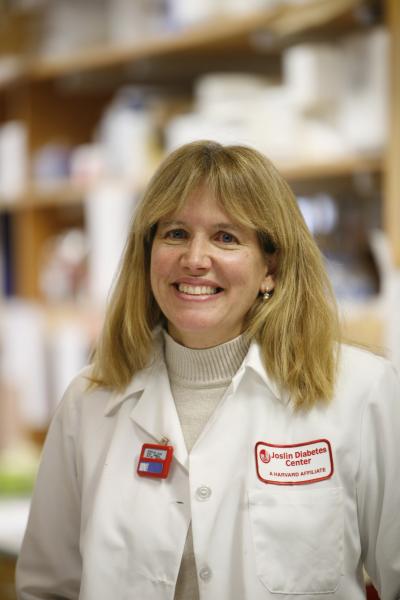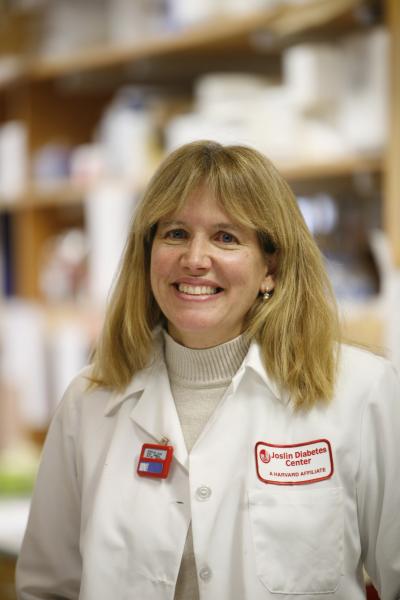
Credit: John Soares
Laurie J. Goodyear Ph.D., Senior Investigator and co-Head of the Section on Integrative Physiology and Metabolism at the Joslin Diabetes Center, and Associate Professor of Medicine at Harvard Medical School, has received one of the first awards for the Molecular Transducers of Physical Activity in Humans Consortium (MoTrPac) set up by the National Institutes of Health (NIH) to develop a comprehensive map of the molecular changes that occur in the body in response to physical activity.
"We know that exercise is probably the most important preventive "medicine" there is. Exercise benefits overall health, particularly for people with chronic diseases, like diabetes," Dr. Goodyear points out. "But we don't fully understand how those health benefits arise. If we can determine the changes that occur in the body during exercise on a molecular level, we could develop individually targeted exercise recommendations and also help people who are not able to exercise due to mobility issues."
According to a statement from the NIH, nineteen MoTrPac grants will support researchers across the country to collect samples for analysis from people of different races, ethnic groups, sex, ages, and fitness levels. Because exercise affects organs and tissues that are difficult or dangerous to sample in living patients (such as the brain, lungs and kidneys) the consortium will include animal models to provide data on changes in these tissues.
Dr. Goodyear's lab at Joslin, which is devoted to discovering the underlying molecular mechanisms by which exercise improves overall health, with particular emphasis on metabolic health, will study animal models in parallel with the clinical trials. Dr. Sarah Lessard, Assistant Investigator in the Section on Clinical, Behavioral & Outcomes Research at Joslin and Instructor of Medicine at Harvard Medical School will be a co-Investigator on the project with Dr. Goodyear.
According to George King, M.D., Director of Research at Joslin, "We expect the MoTrPac study to provide valuable insights into ways in which clinicians and researchers can harness these molecular changes to benefit patients and help to treat many disease such as type 1 and 2 diabetes."
###
Media Contact
Jeffrey L. Bright
[email protected]
508-653-6433
http://www.joslin.org
############
Story Source: Materials provided by Scienmag





